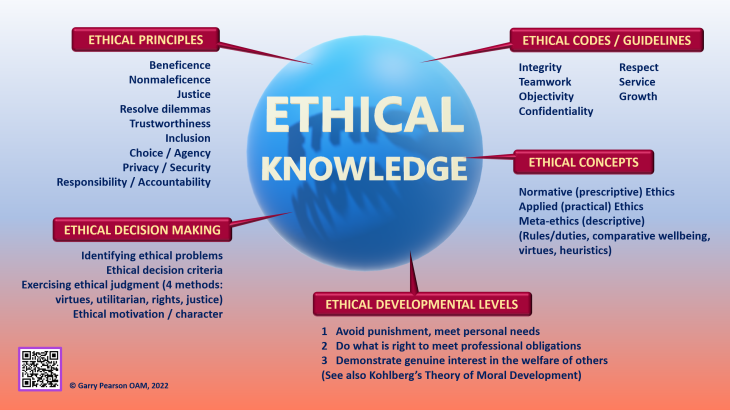Ethical knowledge plays a crucial role in shaping the character and decision-making abilities of young people. As youth navigate an increasingly complex world filled with diverse values, technologies, and social challenges, grounding them in ethics provides a compass for integrity, responsibility, and respect. Let me explore how ethical knowledge builds a foundation for integrity in youth, why it matters, and practical ways to nurture it.
What Is Ethical Knowledge?

Ethical knowledge refers to understanding principles of right and wrong, fairness, justice, and moral responsibility. It involves not only knowing ethical theories and rules but also developing the ability to apply these concepts thoughtfully in real-life situations.
For youth, ethical knowledge helps answer questions like:
- What does it mean to act with honesty and fairness?
- How should I treat others with respect and dignity?
- What responsibilities do I have toward my community and environment?
- How do I make decisions when faced with moral dilemmas?
Why Ethical Knowledge Is Essential for Youth
1. Guiding Moral Development
Youth are in a critical stage of forming values and identity. Ethical knowledge supports this development by providing frameworks to understand and evaluate their choices, fostering a sense of right and wrong that guides behavior.
2. Building Integrity and Trust
Integrity—a consistency between values, words, and actions—is foundational to personal character. Youth equipped with ethical knowledge are more likely to act honestly and earn the trust of peers, family, and society.
3. Preparing for Complex Challenges
Modern life presents youth with complex ethical dilemmas, from digital privacy and social media use to environmental responsibility and social justice. Ethical knowledge empowers them to navigate these challenges thoughtfully and responsibly.
4. Fostering Empathy and Respect
Understanding ethics encourages empathy—recognizing and valuing others’ perspectives and rights. This nurtures respectful relationships and reduces conflict and discrimination.
How to Build Ethical Knowledge in Youth
1. Education and Discussion
- Incorporate Ethics in Curriculum: Schools can integrate ethics across subjects, using case studies and real-world examples.
- Encourage Open Dialogue: Create safe spaces where youth can discuss moral questions, share perspectives, and reflect critically.
2. Role Modeling and Mentorship
- Adults—parents, teachers, community leaders—serve as ethical role models. Demonstrating integrity and fairness in actions teaches youth by example.
- Mentors can guide youth through ethical reasoning and decision-making.
3. Experiential Learning
- Service Learning: Engaging in community service fosters a sense of responsibility and connection.
- Role-Playing and Simulations: These activities help youth practice ethical decision-making in varied scenarios.
4. Encouraging Reflection
- Journaling or group discussions about personal values and ethical experiences deepen understanding and self-awareness.
Challenges and Considerations
- Cultural Diversity: Ethical perspectives vary across cultures; education should respect diversity while emphasizing universal values like fairness and respect.
- Digital Ethics: The online world introduces new ethical issues—cyberbullying, misinformation, privacy—that require updated knowledge and skills.
- Consistency: Reinforcing ethical knowledge requires consistent messages across home, school, and community environments.
Personal Reflection: The Power of Ethical Knowledge in Youth
Witnessing young people develop ethical awareness is inspiring. It’s empowering to see them make choices rooted in integrity, even under peer pressure or difficult circumstances. Ethical knowledge doesn’t just prevent harm—it builds character, resilience, and a commitment to contribute positively to society.
Looking Forward: Cultivating Ethical Leaders of Tomorrow
Investing in ethical education today plants seeds for future leaders who prioritize justice, compassion, and responsibility. As society faces global challenges like inequality, climate change, and technological disruption, the integrity of youth will be vital in shaping a fairer, more humane world.
Conclusion
Ethical knowledge is foundational for building integrity in youth. By equipping young people with the tools to understand, reflect on, and apply ethical principles, we prepare them to lead lives of honesty, empathy, and responsibility. This foundation benefits not only individuals but also families, communities, and society at large.
If you want, I can share resources, programs, or strategies to effectively teach ethics to youth or discuss how to integrate ethical knowledge into specific educational settings. Just let me know!



